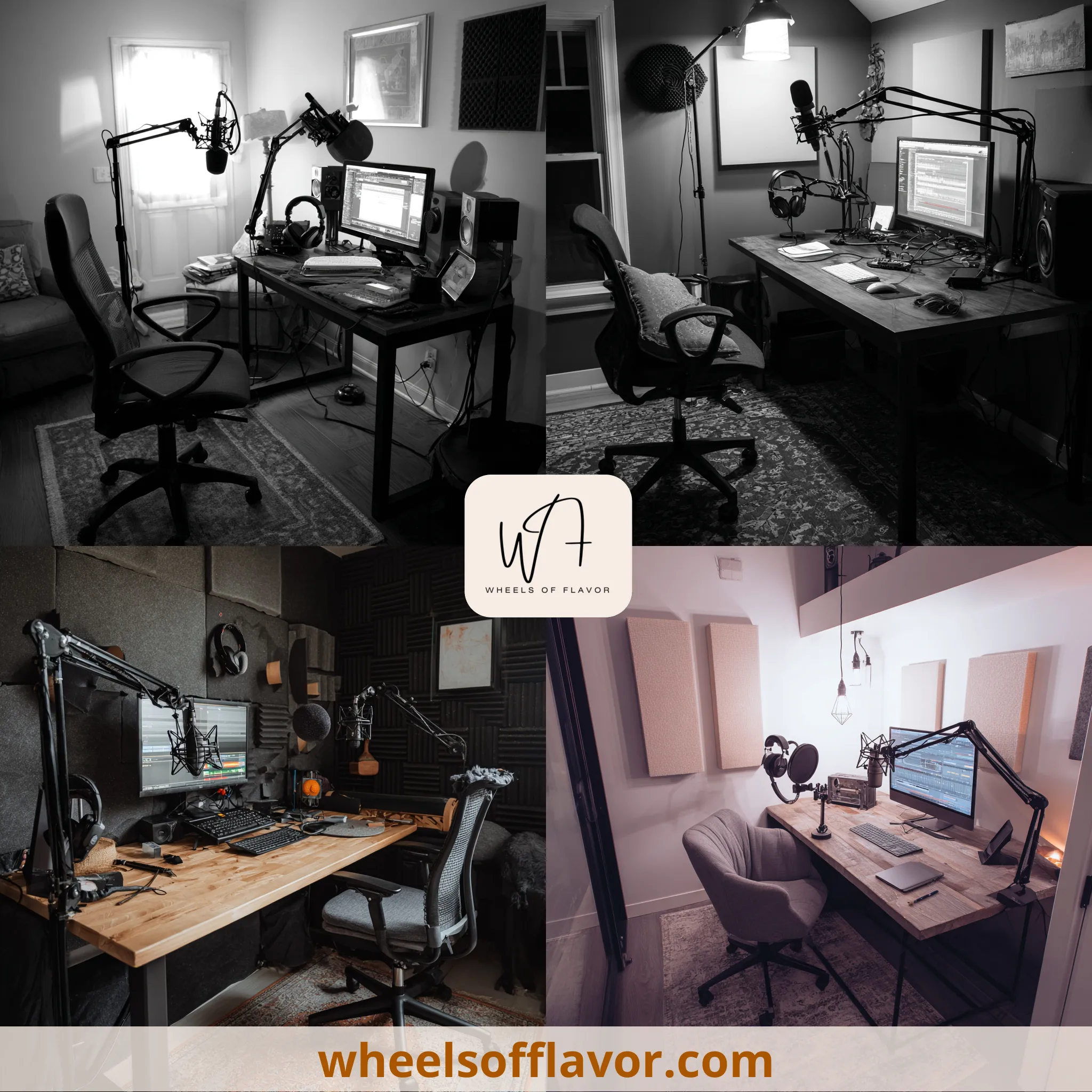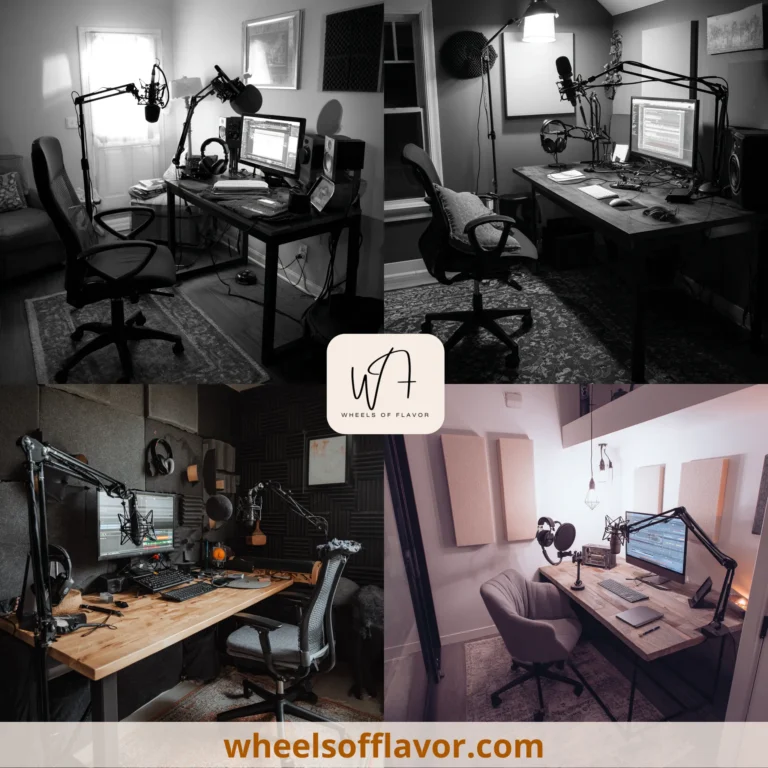
In the digital age, podcasts have surged in popularity, becoming a powerful medium for storytelling, education, and entertainment. Creating a home podcast recording studio is not just about following a trend; it’s about crafting a space where quality and creativity meet. Whether you’re a budding podcaster or a seasoned professional, the right setup can significantly enhance your audio quality, making your content stand out. This guide will walk you through the essentials of setting up a home podcast recording studio, ensuring your voice is heard loud and clear. With the right equipment and a bit of know-how, you can transform any room into a sound haven that rivals professional studios.
Choosing the Perfect Spot for Your Home Podcast Recording Studio
The first step in creating your home podcast recording studio is selecting the right location. Ideally, you want a quiet, secluded area with minimal echo and external noise. Basements or spare bedrooms often work well due to their inherent soundproofing qualities. Consider the room's size and acoustics; smaller rooms can sometimes create unwanted reverberation. Simple modifications like adding thick curtains or rugs can significantly improve sound quality. Remember, the goal is to create a space where your voice can shine without interference from the outside world.
Essential Equipment for Your Home Podcast Recording Studio
To start your podcast, you'll need a few key pieces of equipment. A high-quality microphone is the heart of your setup, capturing your voice with clarity. Pop filters and shock mounts can further enhance audio quality by reducing plosives and handling noise. Headphones are crucial for monitoring your recordings in real-time. For recording and editing, a reliable computer and audio interface are must-haves. Don't forget about software; programs like Audacity or Adobe Audition offer powerful tools for editing your episodes to perfection. Investing in the right equipment from the start can save you time and ensure your podcast sounds professional.
Soundproofing and Acoustic Treatment for Your Home Podcast Recording Studio
Soundproofing your studio is essential to prevent external noises from creeping into your recordings. Start by sealing gaps around doors and windows to block out sound. Acoustic panels can absorb echoes and improve the overall sound quality of your room. For those on a budget, DIY solutions like bookcases filled with books or hanging heavy blankets can serve as effective sound absorbers. The key is to create a balanced acoustic environment where your voice is clear and free from distortion. With a little effort, you can achieve studio-quality sound right in your home.
Conclusion
Setting up a home podcast recording studio is an exciting journey that blends creativity with technical know-how. By choosing the right location, investing in essential equipment, and applying soundproofing techniques, you can create a space that elevates your podcasting game. Remember, the quality of your recordings can make or break your podcast's success. Start small, experiment, and gradually upgrade your setup as you grow. The future of podcasting is bright, and with your own home studio, you're well-equipped to be a part of it. For more inspiration on transforming your living spaces, check out our DIY and Budget-Friendly Decor section.
Frequently Asked Questions
Q: What's the most important piece of equipment for a home podcast recording studio?
The microphone is arguably the most critical piece of equipment, as it directly affects the quality of your audio. Investing in a good-quality microphone can make a significant difference in how professional your podcast sounds.
Q: Can I use any room in my house for a podcast studio?
While you can technically use any room, choosing a quiet, small to medium-sized room with minimal echo and external noise is ideal. Basements, spare bedrooms, or even walk-in closets can work well with some acoustic treatment.
Q: Do I need to soundproof my entire room for podcasting?
Complete soundproofing isn't necessary for most home podcasters. Focus on minimizing external noise and echo within the room. Simple solutions like sealing gaps, using thick curtains, and adding acoustic panels can significantly improve your recording quality.

